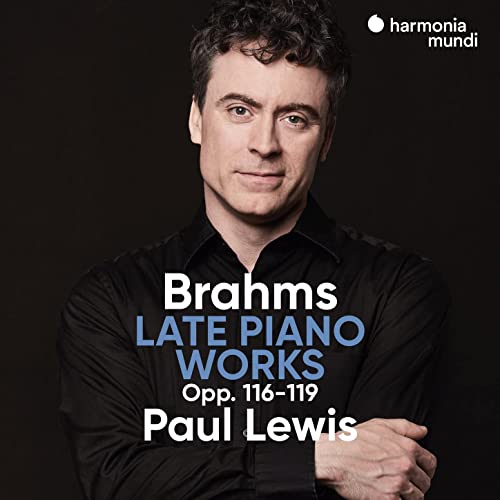

7 Fantasies, Op.116 3 Intermezzi, Op.117 6 Pieces, Op.118 4 Pieces, Op.119
There comes a time in each and every pianist's life, when like a rite of passage, it's time to plumb the emotional depths and ascend the creative heights present within the final opus numbers of the piano music of Johannes Brahms (1833-1897). When compared to Beethoven's 32 Sonatas, Chopin's Nocturnes or Schubert's Impromptus for example, most of Brahms' output for solo piano can arguably be considered of less creative and expressive reach, but definitely not these final bursts of inspiration. They come across as highly intimate journal entries from a composer who had written ambitious symphonies and grandiloquent concertos in order to establish his reputation, but could now, in his autumnal years, speak his mind and finally divulge his deepest inner feelings through music.
These are not technically challenging pieces, but yet demand the utmost in musicianship as each and every phrase requires attentive care and a highly detailed dynamic and expressive approach. So who better than a pianist who's released critically admired recordings of all the Beethoven and Schubert Sonatas to fully grasp and reveal these far-reaching works. There's an understated ease and natural ebb and flow to Paul Lewis' playing that serves these pieces very well. Nothing ever sounds forced or affected, and that's particularly noticeable in the beautifully flowing Op. 117 No. 2 Intermezzo in which the exchange from hand to hand here seamlessly sounds as one. And to my ear he's the only one that makes the awkward 6/8 rhythmic pulse of the Op. 119 No. 3 Intermezzo in C major sound natural and uncontrived. And whereas many pianists tend to overly delineate the various segments of the famous Op. 118 No. 2 Intermezzo in A major and therefore make it sound slightly patchworky, Paul Lewis' natural flow and relaxed overview well capture and project its cohesion.
Like I had pointed out in a previous Schubert review, "Under his hands, the keyboard is not merely a mechanical device where at any given moment some notes are on while others are off. It is a gateway, a portal, into the composer's intent. Quite simply put, Paul Lewis has a way of making you feel that there was a living soul behind the creation of every work he performs. Highly recommended!"
Jean-Yves Duperron - January 2022